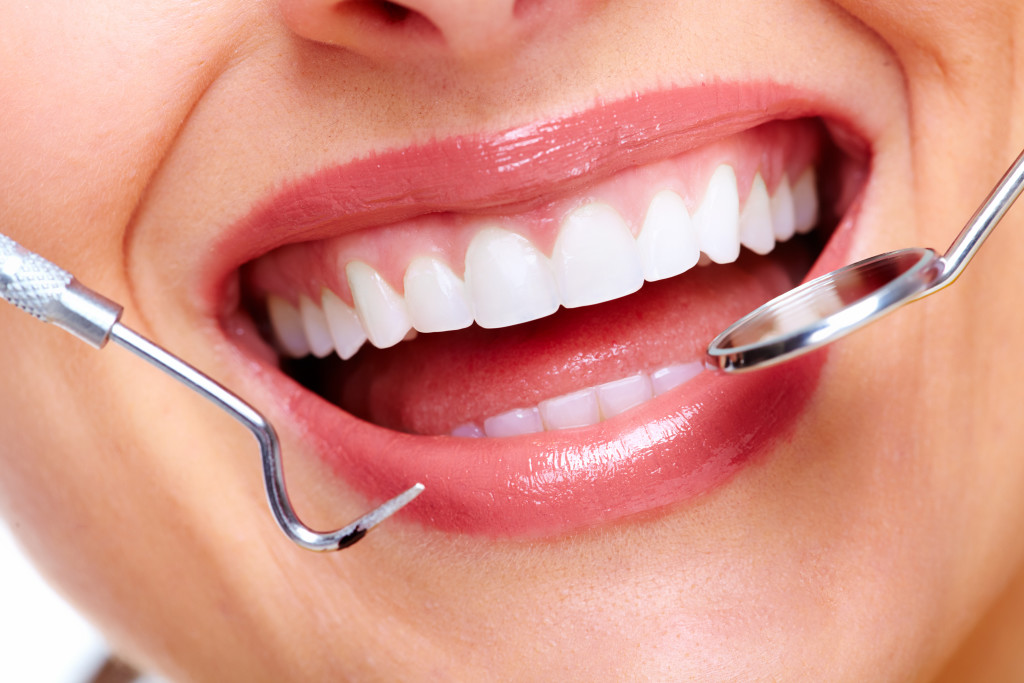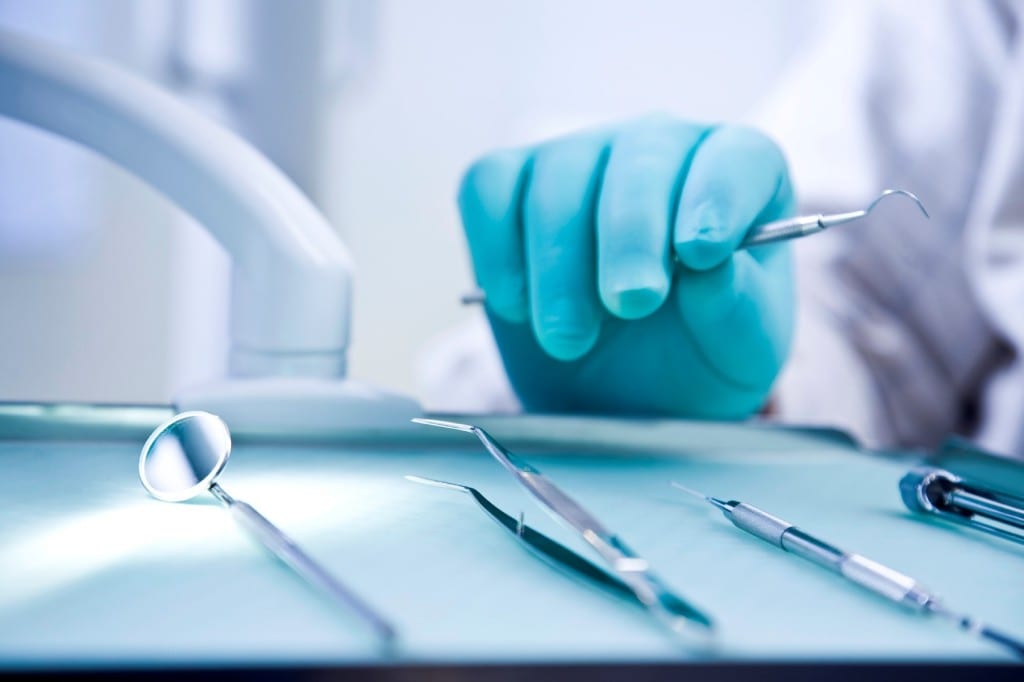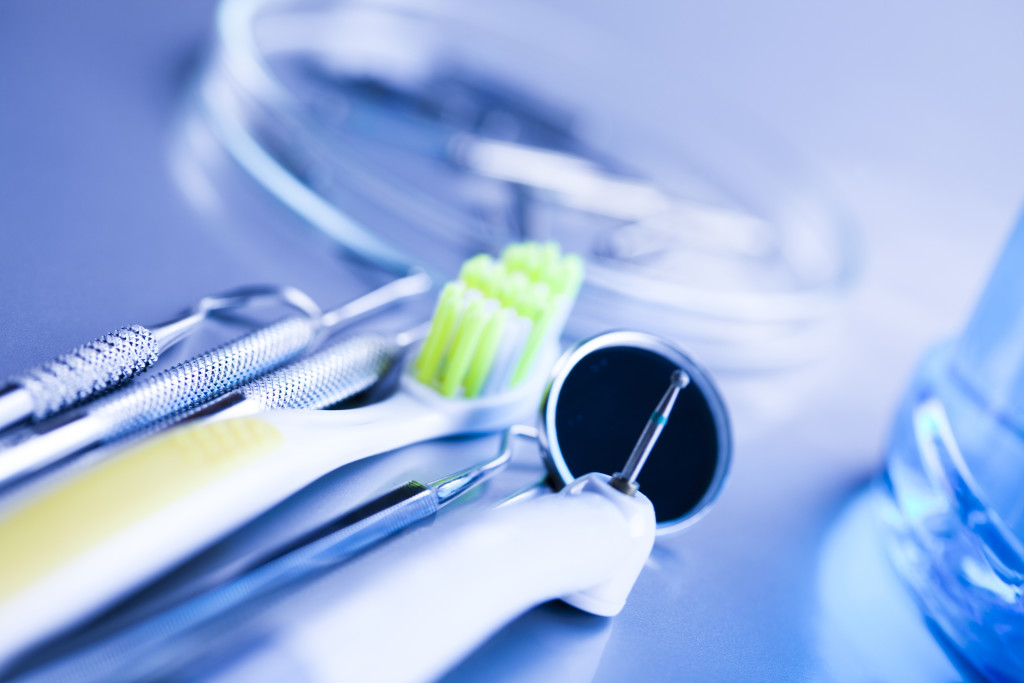 Periodontium – tissues that surround the tooth and fix it in the jaw. Their inflammation is called periodontitis, this pathology can lead to inflammation of the tissues, and therefore to the loss of teeth. The composition of the periodontium includes the following structures:
Periodontium – tissues that surround the tooth and fix it in the jaw. Their inflammation is called periodontitis, this pathology can lead to inflammation of the tissues, and therefore to the loss of teeth. The composition of the periodontium includes the following structures:
- gum;
- periodontal ligament;
- bone tissue of the alveolar process;
- tooth root cement.
It is periodontitis that is responsible for most cases of tooth loss among the adult population. So, a person without injuries and direct blows can lose his teeth if he does not take timely response measures. As with any complex disease, in the treatment of periodontitis, it is important to follow all the recommendations of the doctor. And also to approach the process systematically, aiming at a long and laborious process.
Almost always you can avoid the development of periodontitis, because its causes lie in most cases in improper hygiene. Due to poor-quality brushing of teeth accumulates plaque, in which bacteria multiply. Also, gums can be permanently injured if you neglect professional cleaning from a dentist who cleans tartar. First, gingivitis appears, and if at this stage to ignore the condition of the oral cavity, it will be replaced by periodontitis.
A periodontal pocket is formed, in which pathogenic bacteria actively multiply under the protection of surrounding tissues. The process is rapidly gaining momentum. The teeth begin to loosen, and any chewing is an excessive burden for them, although it was for this that they were created.
The first symptoms of the disease: bleeding gums, redness and odor. As soon as such signs appear, you should immediately go to the dentist and describe all the unpleasant symptoms so that he can make the correct diagnosis and prescribe treatment.
The treatment is aimed at removing germs from pockets, sanitation of all cavities. In some cases, you have to resort to surgery. It is important to remove all plaque and tartar. But the doctor can not monitor the patient’s oral hygiene every day, so a person should review their views on hygiene, use rinses, irrigator, brush teeth twice a day and regularly remove the stone from the dentist. It is advisable to use when brushing not only a brush, but also dental floss, and to consult with your doctor about how to properly brush your teeth so as not to injure soft tissue. Such simple measures will help relieve inflammation and avoid relapses as long as possible, but you need to understand that if the tissues around the teeth are already damaged, their restoration to the original state is unlikely, so you should be regularly examined by a periodontist, monitor hygiene, drink vitamins and minerals.
Picture Credit: abbs johnson






